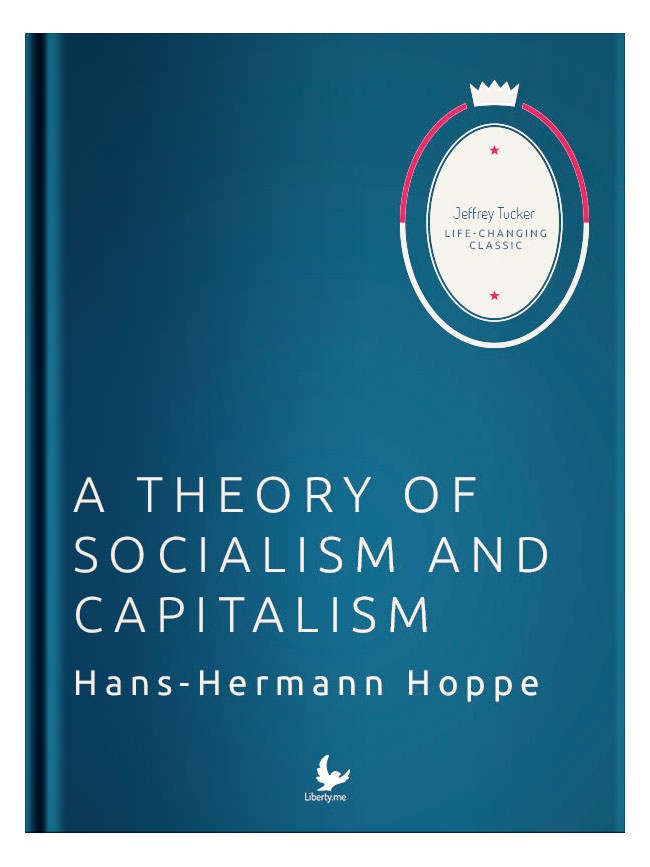
A Theory of Socialism and Capitalism
You know the mainstream view of politics. Socialism is on the left. Fascism is on the right. In A Theory of Socialism and Capitalism, Hoppe wants to blow up this entire system of thinking. He wants to replace it with a continuum that has nothing to do with the conventional left-right distinction. The only relevant concern for politics is how much control the state itself exerts over society. This control exists on a continuum from piecemeal technocracy and conservatism to social democracy and communism. With this model, Hoppe offers a system for classifying all economic and political systems around the world. All the while, he explains why all forms of statism make people poor, bring about injustice, and harm human flourishing.
Hoppe makes the case throughout that no aspects of the state are necessary. Society left on its own can manage itself, and this path is most likely to maximize property values, innovation, cooperation, and community. The state adds only violence to the equation. This is the most important insight in this book. Many of his examples are drawn from the East/West Germany experience. The book was written in 1989 just before the East collapsed and Germany was reunited.
The second most important insight concerns the “socio-psychological foundations” of statism itself. This phrase refers to why people accept the violence of statism. It would never be approved by the population if the people understood it. Instead, the state seeks out tactics to convince people that it is doing good through redistribution that hurts some and helps others. It seeks to control education (to instill civic pride), communication (to control access to information), money (to raise funding for the state without taxation), and the apparatus of security (to convince people that they are being kept safe and being offered justice services).
The book instills in the reader a firm grasp of the operations of the free society in the absence of the state. Property rights are the foundation of social order and no other system is rational, logical, workable, or intellectually justifiable. Most profoundly, it shows how the state nonetheless survives. The lasting contribution, then, is to dislodge common myths about politics from readers’ minds. In this sense, it offers intellectual liberation.
It also offers a checklist for tracking the stability of every existing regime. When its control of education, communication, money, and security diminishes, so too does its power to manage the population. This is precisely what is happening in our time. Education is moving toward private provision. The communication monopoly has been utterly smashed. The money monopoly is no longer effective. Finally, masses of people have lost faith in the police and justice system, which is overextended and more openly aggressive against people than ever before.
Hans-Hermann Hoppe is one of the most important philosophers of the liberal/libertarian tradition. Most of the corpus of his innovative ideas are summarized in this one book, including his “argumentation ethics” method of showing that anyone who denies ownership must presume ownership in the course of making that argument. It even makes a strong case against all forms of empiricism and positivism in the social sciences (because there is no method for discovering causes and effects outside of pure logic).
Other Books From - Liberty.me Books
Other Books By - Hans-Hermann Hoppe
Back

 How They Succeeded
How They Succeeded  The Voluntaryist Creed
The Voluntaryist Creed  The Shadow Riders
The Shadow Riders 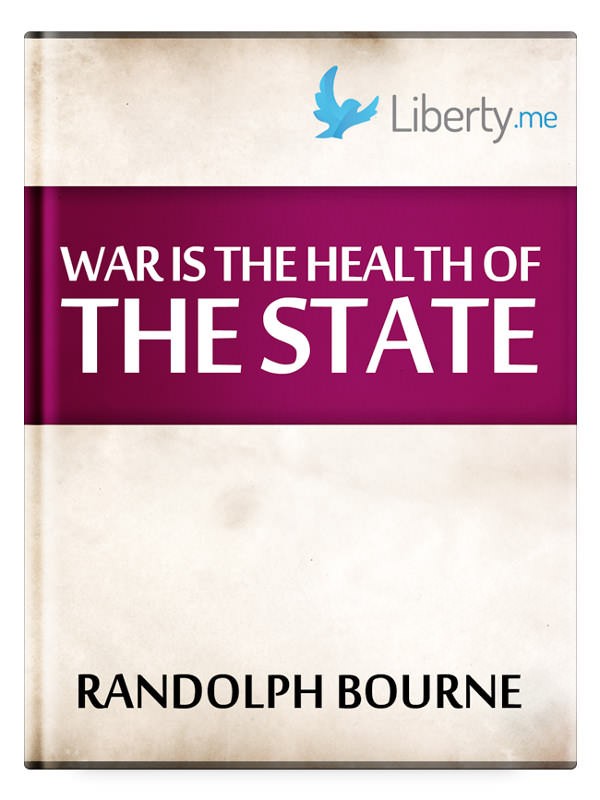 War Is the Health of the State
War Is the Health of the State  Young Pioneers
Young Pioneers 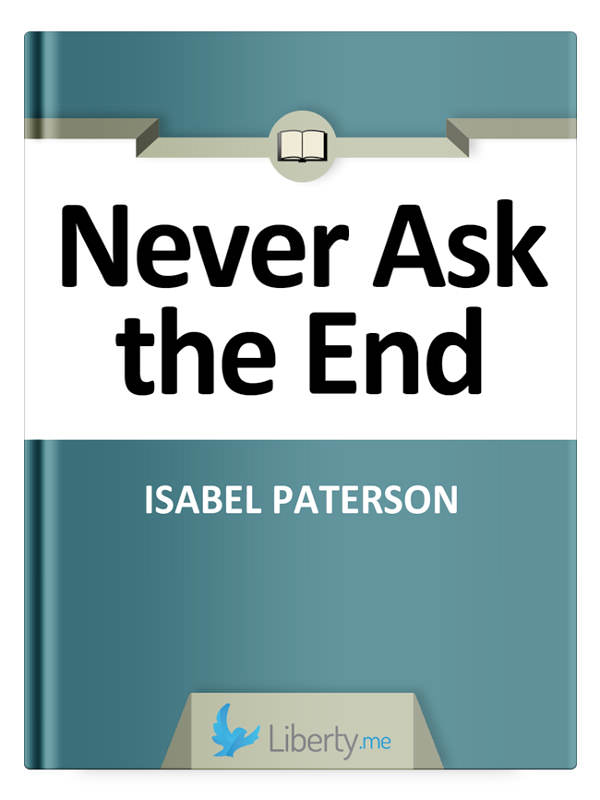 Never Ask the End
Never Ask the End 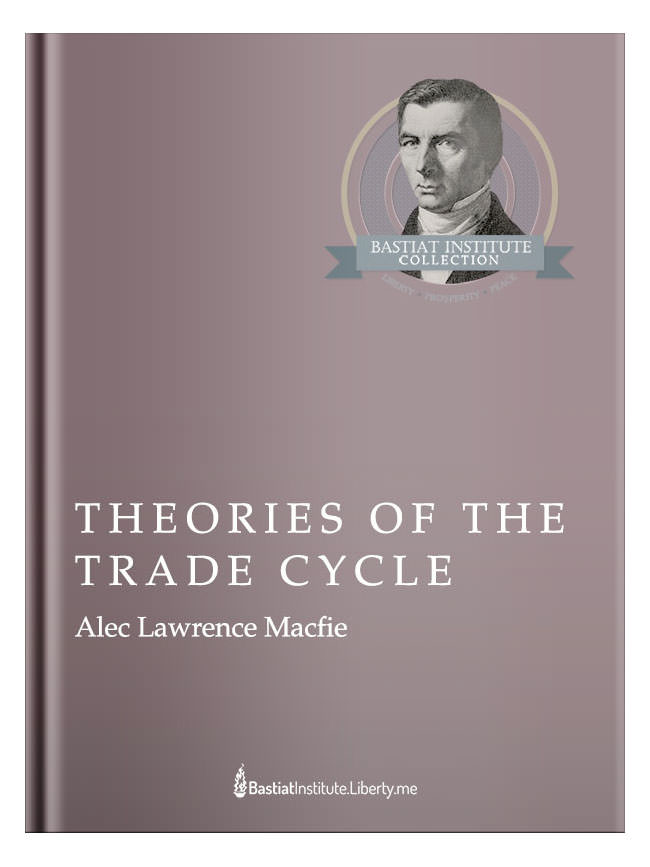 Theories of the Trade Cycle
Theories of the Trade Cycle 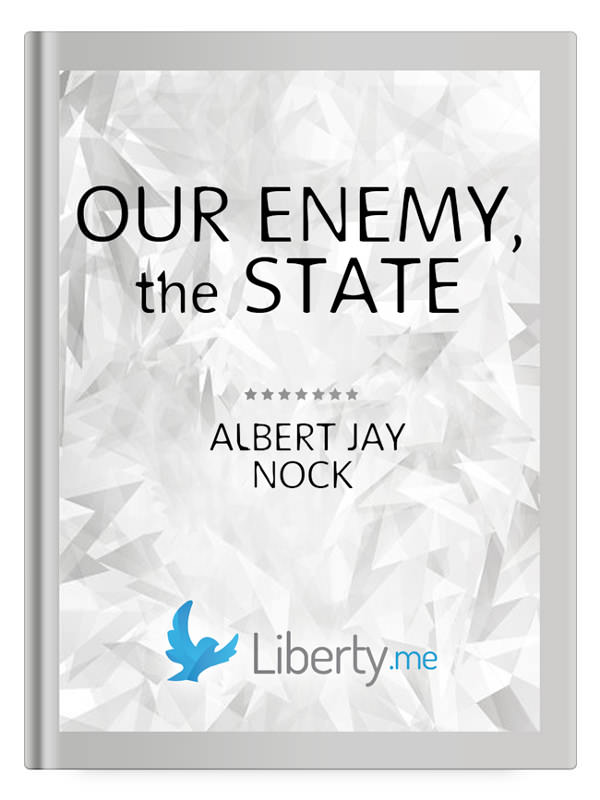 Our Enemy, the State
Our Enemy, the State  Banking and the Business Cycle
Banking and the Business Cycle  The Economic Basis of Class Conflict
The Economic Basis of Class Conflict 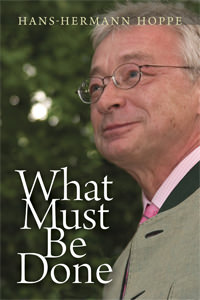 What Must Be Done
What Must Be Done  The Private Production of Defense
The Private Production of Defense 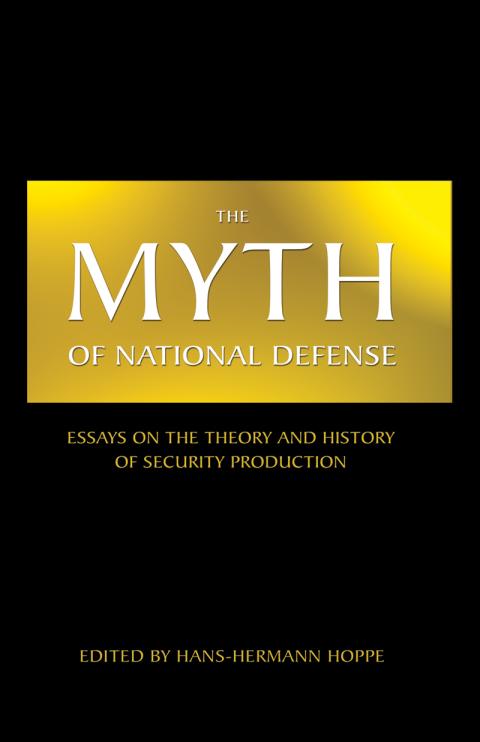 The Myth of National Defense: Essays on the Theory and History of Security Production
The Myth of National Defense: Essays on the Theory and History of Security Production  The Economics and Ethics of Private Property
The Economics and Ethics of Private Property  Economic Science and the Austrian Method
Economic Science and the Austrian Method